Boiling Point: Fossil fuel ads galore
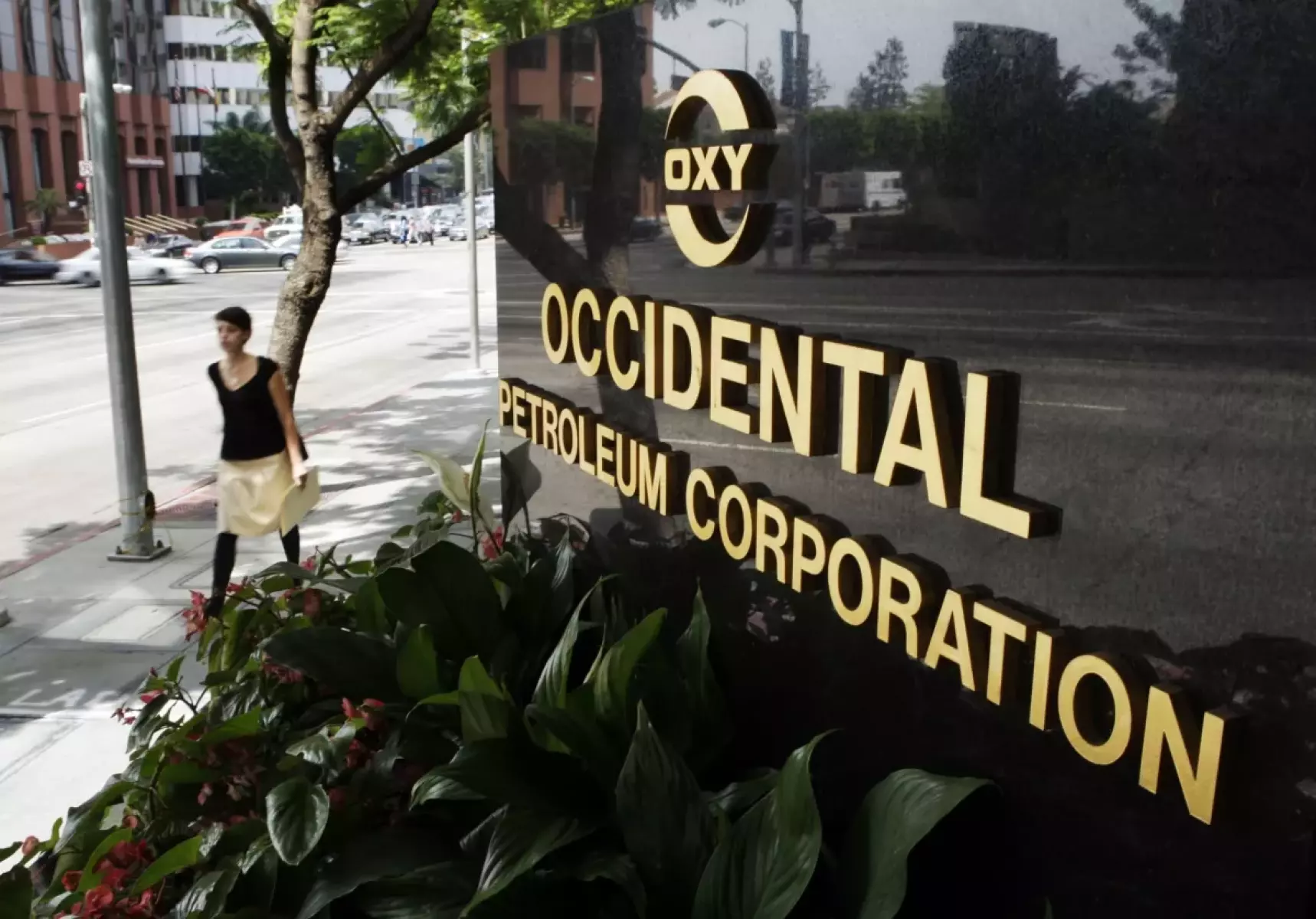
- Share via
This story originally published in Boiling Point, a weekly newsletter about climate change and the environment. Sign up here to get it in your inbox.
There’s this concept called “social license to operate,” which basically refers to an industry being seen by the public as legitimate or acceptable. As climate scientists have increasingly found that new coal, oil and gas projects are incompatible with a safe planet, fossil fuel companies have looked for way to affirm their social license, by promoting the idea that they’re upstanding, essential businesses committed to making the world a better place.
Two examples of that campaign caught my attention this week.
The first involves Politico, the news organization best known for its coverage of politics and policy in Washington. Writing in the climate newsletter Heated, journalists Arielle Samuelson and Emily Atkin spotlighted a fossil fuel group paying for arguably misleading advertisements in Politico and other news outlets, claiming natural gas is a key solution to the climate crisis.
What really caught my attention was Politico’s response. Asked about the organization running ads with alleged misinformation, a Politico executive told Heated, “It is not up to us to decide what is factually accurate or what is not factually accurate.”
The second thing that caught my attention involves everyone’s favorite baseball team, the (cheating) Houston Astros.
Three years after using a sign-stealing scheme to beat the Dodgers in the World Series, the team inked an advertising deal with Occidental Petroleum that will see Astros players wear Occidental logo patches on their jerseys for the next seven seasons.
“One of the things that we love about Oxy is they have a shared value of giving back to the community,” an Astros executive explained, as reported by the Houston Chronicle’s Matt Young. “They’ve been just a really committed partner.”
This means that in the months leading up to 2030 — the year by which scientists say climate pollution must be cut nearly in half — the baseball team in America’s fourth-largest city will continue to service the good image of a major oil company.
This is the same baseball team, by the way, that once signed a $100-million stadium-naming deal with another energy company, Enron Corp. That deal fell apart after Enron’s infamous market manipulation contributed to the California energy crisis.
The battle for the hearts and minds of sports fans — and news consumers — continues.
On that note, here’s what’s happening around the West:
TOP STORIES
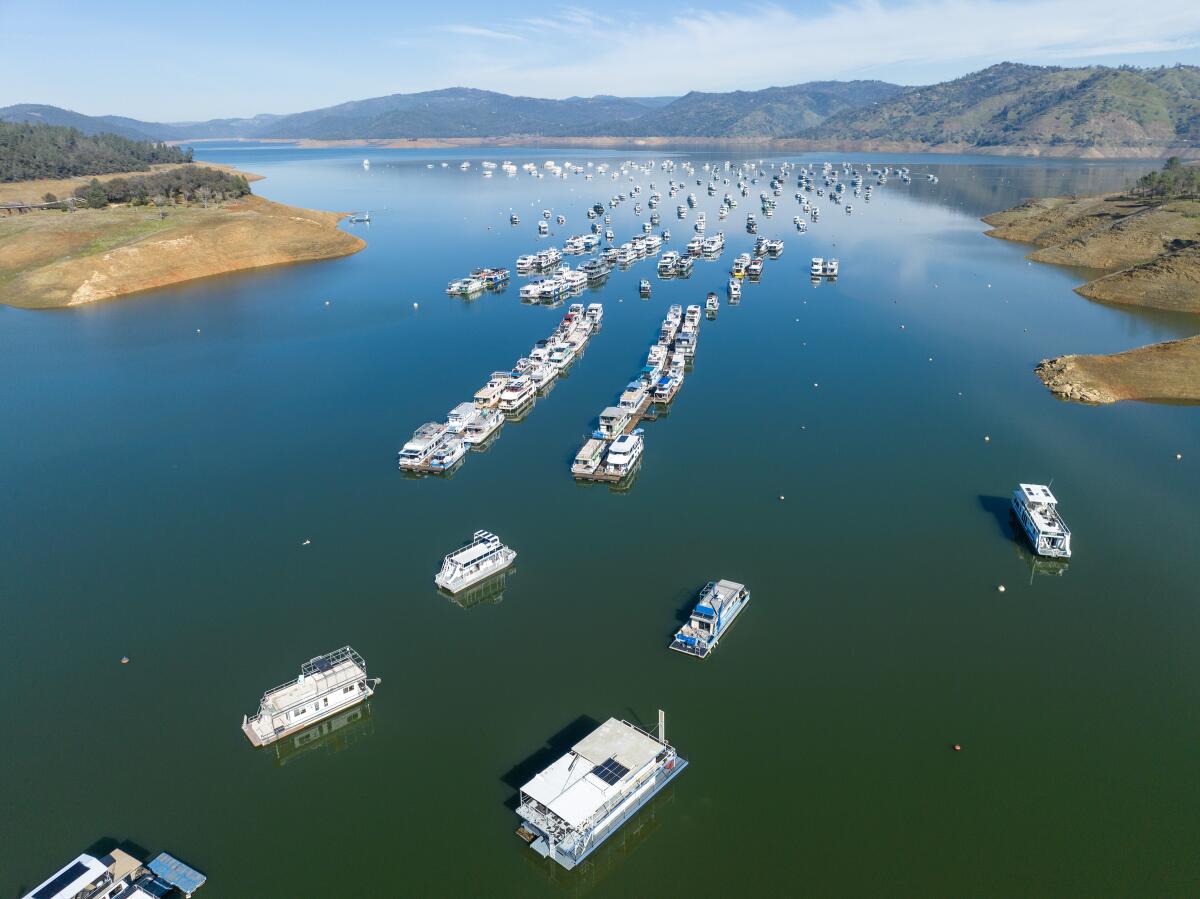
“Why do we have rules if we’re not going to actually follow them?” Gov. Gavin Newsom is using his emergency powers to ask California regulators to hold back more water in reservoirs and allow less of it to flow through rivers into San Francisco Bay. If his request is granted, critics say it could be devastating to salmon populations, The Times’ Ian James reports. Part of Newsom’s argument is that even with robust rain and snow in the last few months, we don’t know what the rest of the year holds for water supplies. Case in point: My colleague Hayley Smith reports on a new study finding that higher elevation wildfires, fueled by climate change, are making California’s snowpack melt faster than ever, throwing water supply and demand out of balance.
Members of Congress are urging the federal Environmental Protection Agency to help clean up toxic lead in southeast Los Angeles County, citing an L.A. Times investigation revealing huge failings in California’s cleanup efforts. “We believe the severity of the crisis, the failure of past remediation efforts to create healthy communities, and the risk to public health requires assistance from the EPA and the resources available under the Superfund program,” wrote Rep. Robert Garcia of Long Beach and California Sens. Dianne Feinstein and Alex Padilla. More details here from my colleague Jessica Garrison. And be sure to read our investigation by Garrison, Tony Briscoe and Aida Ylanan. If you want to support journalism that protects society’s most vulnerable and holds the powerful accountable, please consider paying for a Times digital subscription.
Global warming will kill more people as temperatures rise — but will those deaths be offset by fewer deaths from cold weather, which is even more dangerous than heat? I enjoyed this fascinating piece by the Washington Post’s Harry Stevens, digging into one of the most important questions of modern times. The short version: “Projections indicate milder temperatures may indeed spare people in the globe’s wealthy north, where it’s already colder and people can buy protection against the weather. Yet heat will punish people in warmer, less wealthy parts of the world, where each extra degree of temperature can kill and air conditioning will often remain a fantasy,” Stevens writes.
THE ENERGY TRANSITION
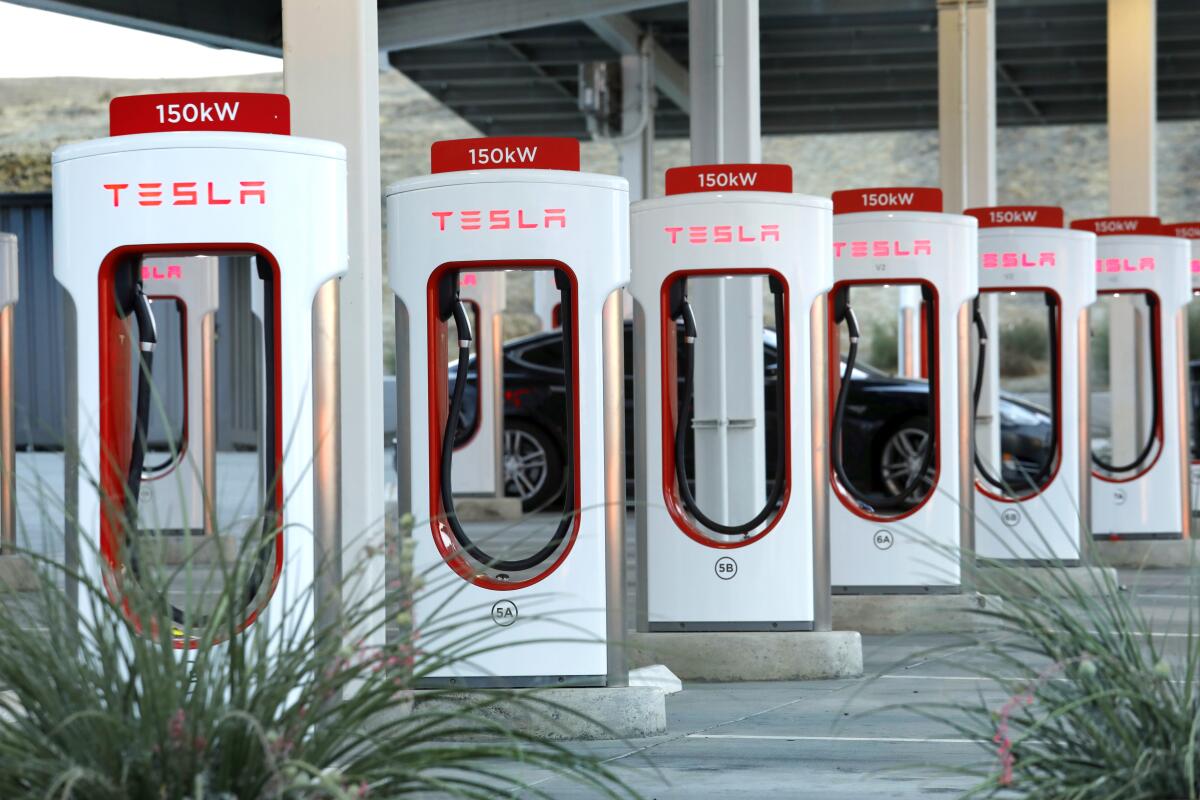
Tesla has the nation’s best electric vehicle charging network — and now Elon Musk’s company will be paid by the Biden administration to open that network to non-Tesla electric cars. Here’s the story from The Times’ Russ Mitchell, who writes that Musk has promised to provide 7,500 open-access chargers by 2024. In other clean-transportation news, climate justice activists are making the case to Los Angeles County leaders that public transit should be free, in part because most L.A. Metro riders are Latino or Black with incomes of less than $35,000 a year, as LAist’s Erin Stone reports.
Some renewable energy companies are worried about a proposal in New Mexico to establish a constitutional right to a clean environment, saying it could be used to try to block solar and wind projects. Details here from Adrian Hedden at the Carlsbad Current-Argus. This is a fascinating example of the growing tension across the American West between clean energy and conservation — a tension I’ve been exploring through my Repowering the West reporting project. And it’s super relevant to California, considering Los Angeles and other parts of the state are already buying clean power from New Mexico.
Let’s not forget there are climate-friendly power options beyond solar and wind. The Biden administration just announced $74 million in grants to support “enhanced” geothermal energy technology that can produce clean power from underground heat just about anywhere on Earth, as Minho Kim writes for E&E News. I also enjoyed this Q&A by Dan Gearino at Inside Climate News with the Biden administration scientist trying to kick-start a nuclear energy renaissance using smaller, cheaper reactors.
POLITICAL CLIMATE
Indigenous activists are deeply disappointed with President Biden’s proposed methane rule, saying it wouldn’t do nearly enough to prevent releases of the heat-trapping gas by fossil fuel companies. Writing for Inside Climate News, Autumn Jones notes that the president’s proposal “falls short of the Biden administration’s commitment to eliminate regular venting and flaring by the oil and gas industries by 2030.” In another federal climate controversy, a judge blocked the Interior Department’s Trump-era approval of a coal-mine expansion in Montana’s Bull Mountains. Details here from Amanda Eggert at Montana Free Press.
The Biden administration will dole out $125 million for states in the Colorado River’s Upper Basin to pay farmers and ranchers to temporarily leave their fields dry. It’s the most money ever made available for that purpose, the Colorado Sun’s Michael Booth writes. It comes as Lake Powell, along the Utah-Arizona border, hits an all-time low, with Alex Hager reporting for northern Colorado radio station KUNC that the reservoir is just 22% full. It also comes as Utah Gov. Spencer Cox tells Californians to “stay in California instead of coming as refugees to Utah” — in part because of his state’s water shortages, The Times’ Alexandra E. Petri reports.
California pledged to support displaced oil workers, in part by training them to cap abandoned oil wells — but now that program is threatened by budget cuts. Gov. Gavin Newsom’s latest budget proposal includes no new funding for the program, even as oil workers call for additional aid to help them survive the transition to renewable energy, the Sacramento Bee’s Maggie Angst reports. I wrote in 2021 about the willingness of some oil workers’ unions to support the clean energy transition — as long as government was willing to fund a “just transition” to help them continue supporting their families.
AROUND THE WEST
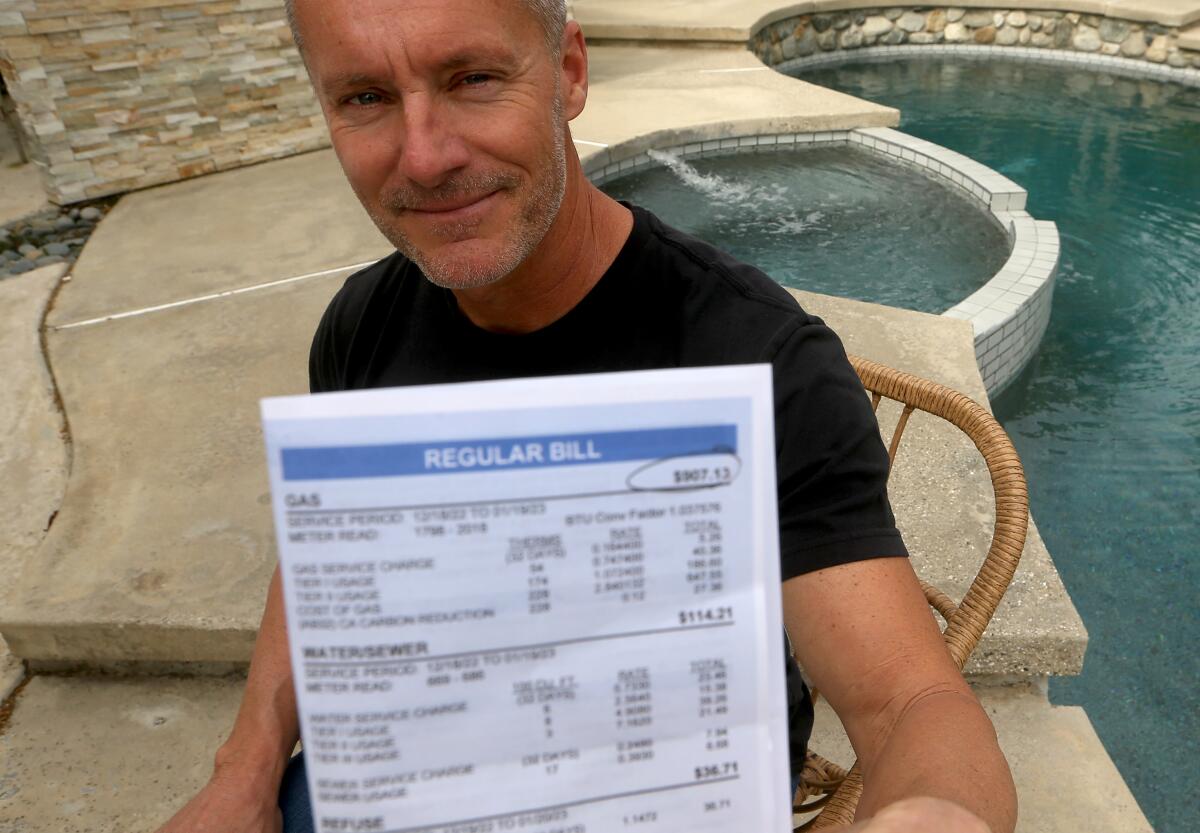
How are Californians coping with high natural gas bills? By taking public transit to save money on gasoline, wearing silk undershirts to stay warm and potentially canceling cable, per my colleague Laura J. Nelson. She talked with Southern California Gas Co. customers about the sticker shock they experienced upon receiving January bills as high as $907.13. In related news, the Federal Energy Regulatory Commission won’t say whether it’s launching a formal investigation into high natural gas prices in the West. But the agency is looking into the price surge at least somewhat, the San Diego Union-Tribune’s Rob Nikolewski reports, using “enhanced surveillance” to explore whether market manipulation or other illegal behavior might have occurred.
Three wildlife crossings will be built across a planned high-speed rail line from Los Angeles to Las Vegas, ideally helping bighorn sheep find food, water and safe habitat as the desert heats up. Here’s the story from The Times’ Christian Martinez, who writes that construction of the rail line is expected to begin this year — although given the long, checkered history of high-speed rail between L.A. and Vegas, I’ll believe it when I see it. In other good news for wildlife, Civil Eats’ Anne Marshall-Chalmers writes that farmers who plant hedgerows at the edges of their field can bring in beneficial wildlife, cut down on pests and store more carbon in the soil. Her story focuses on the Sacramento Valley, where some growers have been doing this for years.
The U.S. Forest Service plans to gun down feral cattle from a helicopter above New Mexico’s Gila Wilderness. Conservation activists say the animals are damaging streams and rivers, as Susan Montoya Bryan reports for the Associated Press. Ranchers have criticized the plan as animal cruelty, with one slamming the Forest Service for “wasting an economic resource.” As Jonathan P. Thompson notes in his Land Desk newsletter, though, “the livestock industry typically advocates shooting wolves (because they can eat cows) and wild horses (because they compete with cattle for forage).”
ONE MORE THING
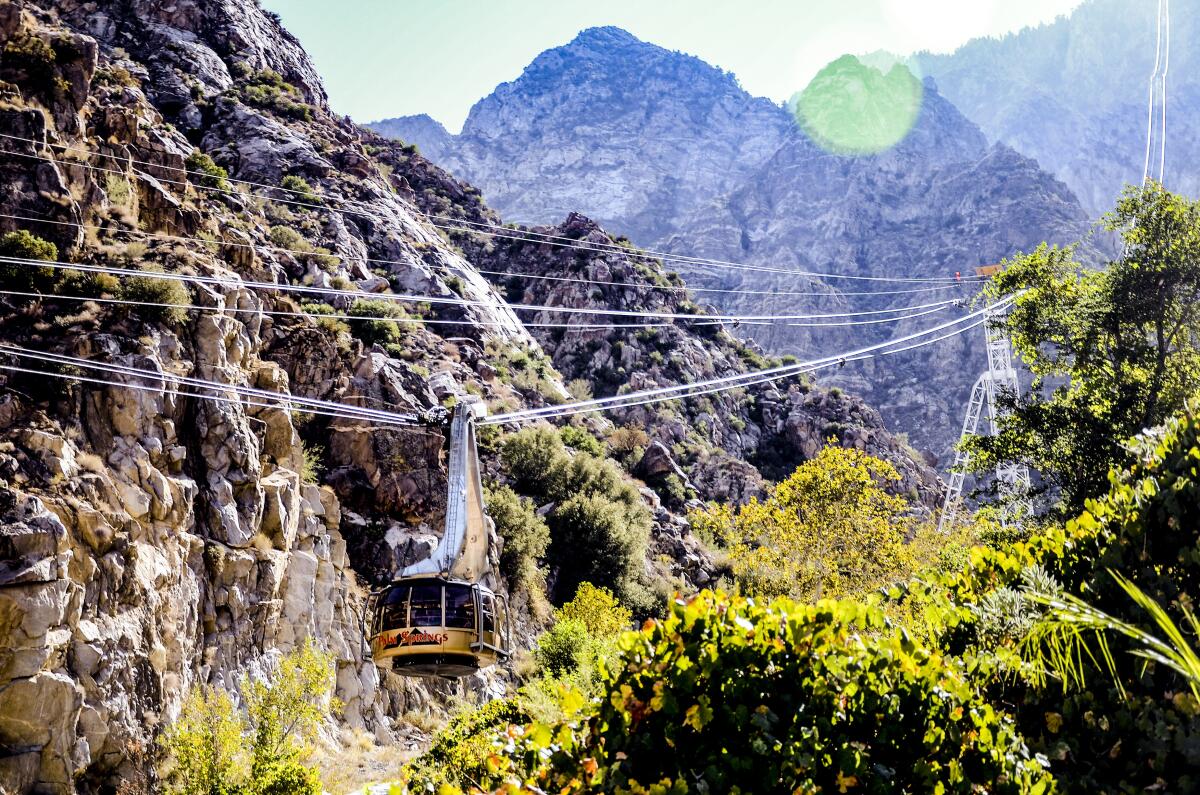
California residents, this is super cool: You can check out a free state parks pass at your local library, per Brooke Staggs at the Orange County Register. You can also check out a backpack (donated by REI) full of gear to help you enjoy the outdoors.
Three cheers for public libraries!
That’s all for today. We’ll be back in your inbox on Thursday. If you enjoyed this newsletter, or previous editions, please consider forwarding it to your friends and colleagues. For more climate and environment news, follow @Sammy_Roth on Twitter.
Toward a more sustainable California
Get Boiling Point, our newsletter exploring climate change, energy and the environment, and become part of the conversation — and the solution.
You may occasionally receive promotional content from the Los Angeles Times.






